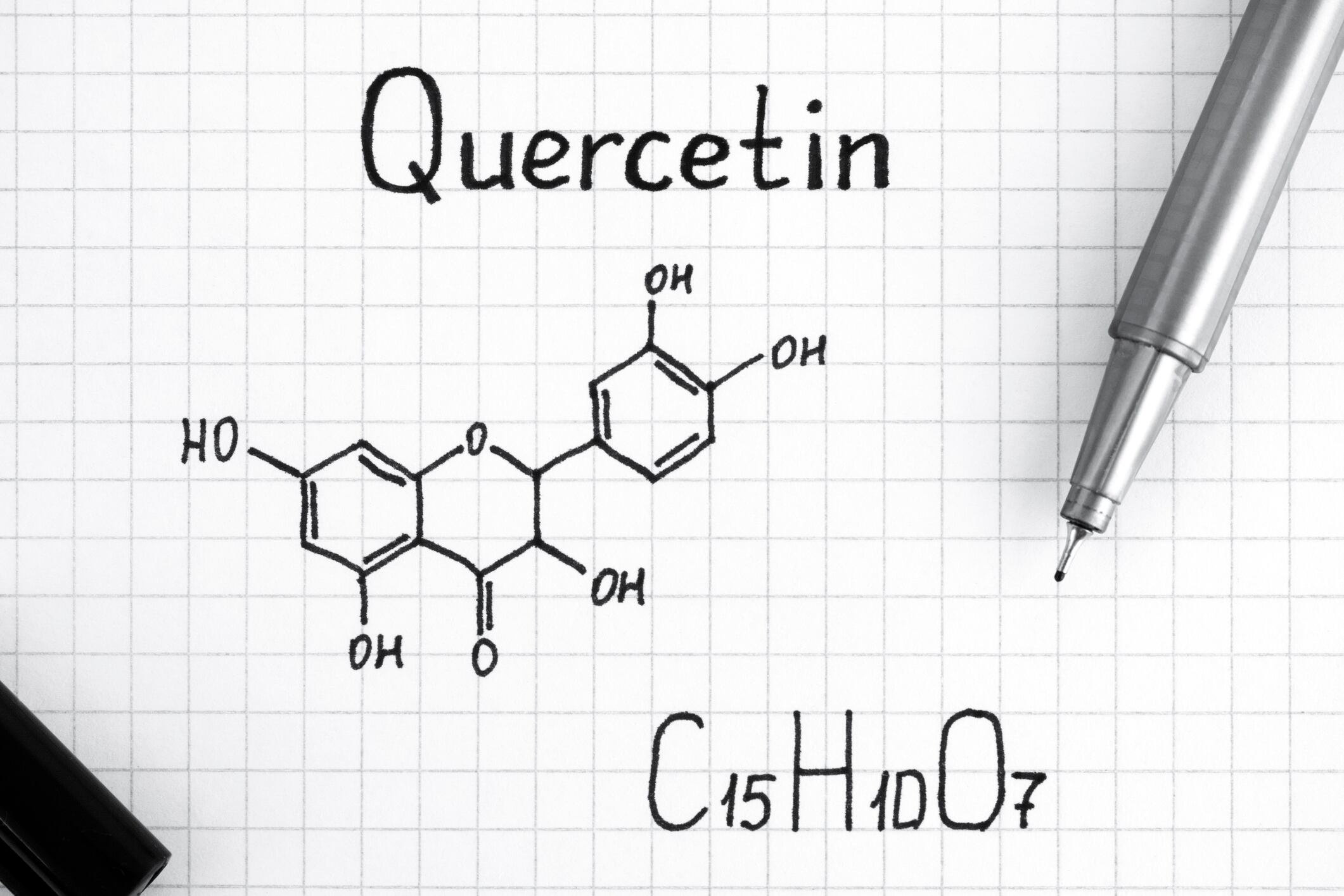Data published in Frontiers in Nutrition indicated that 200 mg and 500 mg doses of quercetin glycosides for 24 weeks in combination with an exercise regimen led to improvements in stretching, compared to exercise alone.
“This is the first report to show that the combination of nutrition and exercise could improve age-related changes in passive muscle stiffness,” wrote scientists from Suntory Wellness Ltd., Juntendo University, Fukuda Clinic, Ritsumeikan University, Hachinohe Gakuin University, and Japan’s National Institute of Health and Nutrition.
Sarcopenia
Muscle loss is a natural part of aging, and researchers have estimated that, after the age of 50, we lose 1-2% of our muscle mass each year. Strength declines as well, at a rate of 1.5% per year beginning at 50 years and accelerating to 3% after the age of 60.
According to a monograph from the US Dairy Export Council, the direct health care cost attributable to sarcopenia were estimated to be $18.5 billion in 2000 in the US, a number that represented about 1.5% of health care expenditures for that year.
The Japan-based researchers behind the new study explained that aging of skeletal muscle is characterized by decreases in both muscle quantity and quality, the latter could be felt as an increase in muscle stiffness.
Study details
The new study examined the effect of two doses of quercetin glycosides or placebo in a randomized, double-blind, placebo-controlled, parallel-group trial involving 48 community-dwelling, Japanese people aged 50 to 74.
All participants were assigned to low-intensity resistance training in addition to the quercetin or placebo.
Results from 24 weeks of intervention showed that there were no differences between the groups when the researchers measured the cross-sectional area of the thigh muscle or for lean mass.
However, stiffness of the vastus lateralis muscle (the largest of the quadriceps) was significantly lower in both the 200 mg and 500 mg quercetin groups, compared to placebo after 24 weeks.
“Based on the facts that increased muscle stiffness impairs joint flexibility and that a decline in joint flexibility impairs balance and functional ability, decreasing the quality of life for elderly people, the reduction in muscle stiffness by exercise and QG supplementation observed in the present study would contribute to increased joint flexibility, and then improve the quality of life in elderly people, although further studies are needed to clarify this hypothesis,” wrote the researchers.
The researchers added that most other studies using quercetin have used 1,000 mg of quercetin aglycone. However, they noted that the quercetin glycosides (QGs) used in their own study is both more water-soluble and have a 10-fold higher bioavailability, compared to quercetin aglycone.
“The present study showed that the combined effects of 200 mg of QGs with low-intensity resistance exercise on muscle quantity and quality are similar to those of 500 mg of QGs,” they wrote.
“Therefore, supplementation with 200 mg QGs would be enough to obtain sufficient combined effects with resistance training, at least in muscle quantity and quality, which may be physiologically relevant in terms of safety and feasibility as a supplement.”
Source: Frontiers in Nutrition
Published online, doi: 10.3389/fnut.2022.912217
“Effects of quercetin glycoside supplementation combined with low-intensity resistance training on muscle quantity and stiffness: A randomized, controlled trial”
Authors: Y. Otsuka et al.


